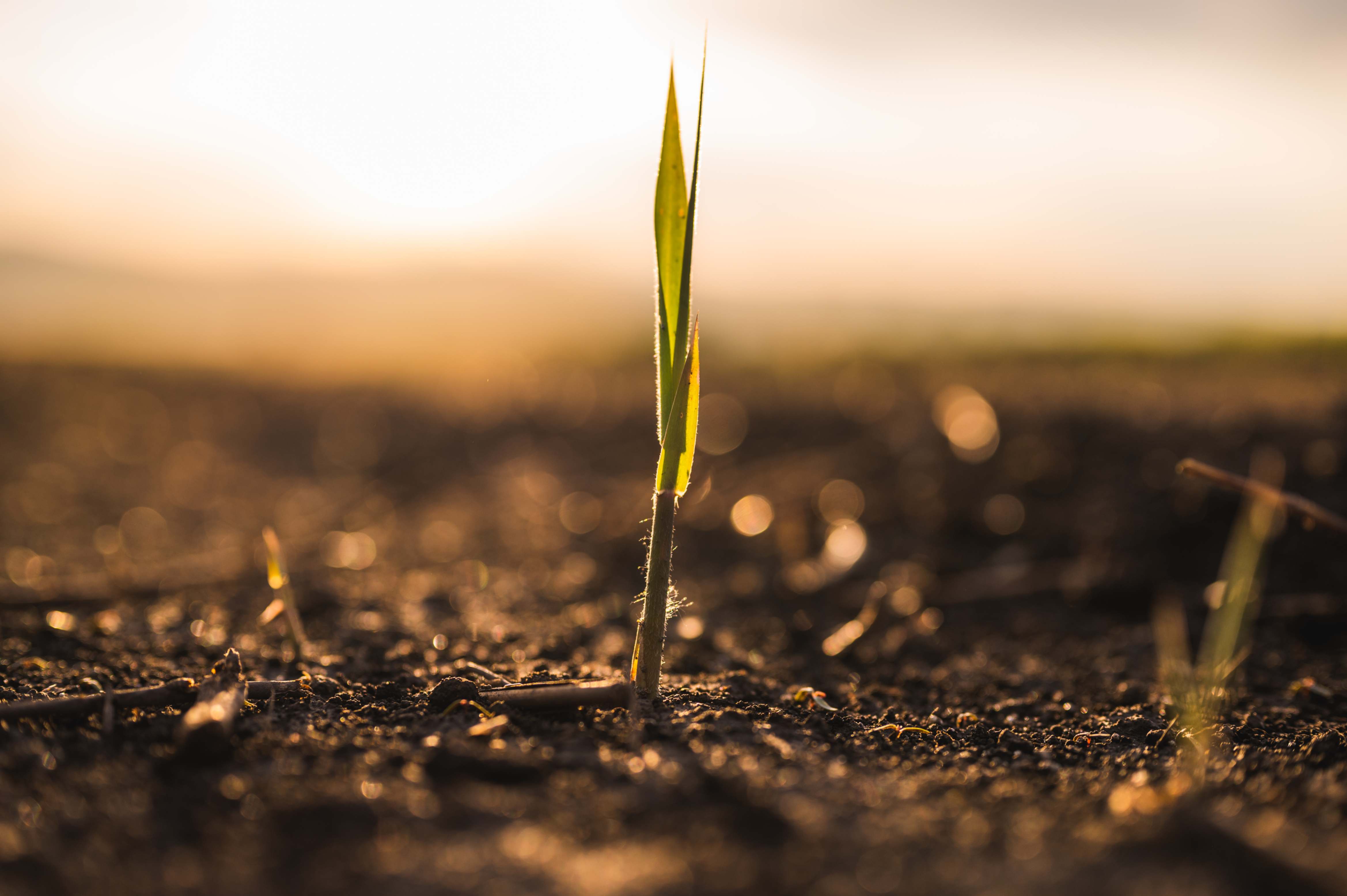
(Vecteezy)
"Come with your life, little by little, to bring to life what appears to be dead; may the healing that comes from within be the seed of an open heart ... to love with all your heart and to be life in the midst of what is dead" (Sr. Cecilia Rivero).
This is one of the songs that I like most by Sister Cecilia. I do not know the context that inspired it, but it helps me to pray to God from the depths of my heart, and to clearly understand what I am living, what we are living, in this arduous and painful present that seems never-ending. On the contrary, it is intensifying to the point that we feel like we are moving beings, but lifeless.
To be "life" in the midst of death is, without a doubt, to maintain hope in the presence of so many signs of death, and to accompany a people whom we see dying little by little. What frightens me the most is the feeling that we are gradually growing accustomed to death; we are almost painfully welcoming as normal this situation that human beings have always feared.
What I write today may seem harsh. From my perspective, we are also the architects of our own death and the death of our people. Fear kills us as much as repression, intimidation and threats of every kind.
Bringing back to life what seems to be dead means that you and I must believe that something better can be achieved in our country.
Remaining silent out of fear is to collaborate with the death of all the people; speaking quietly makes us complicit. We deceive ourselves by hiding our greatest truth, the one we all know but do not dare to speak. Yet, one expression is enough to make us nod in agreement, whether with our heads or our eyes.
I recognize this fear in myself, but it is overcome with strength, by love for truth and justice. It is overcome by the call I feel from God, who continues to invite me to hope, freedom, joy and life — things that no one can take away from us.
When I return to the song, my heart recovers that strength to bring life back to what seems to be dead. I look at my people, I see their suffering and I cannot help but say that no one, absolutely no one, has the right to kill the dignity of a people, because dignity is given by God. We have value because we are people, because we are sons and daughters of God. We have the right to live, to live with dignity. We do not have to continue to feel that we are losing our life and allow them to take away our sleep and our ability to dream. It is lawful and legitimate to complain and express our disagreements, our discomfort, about what threatens life. The constitution affirms this right, yet simultaneously, laws are enacted that prevent and punish it.
Advertisement
Bringing back to life what seems to be dead means that you and I must believe that something better can be achieved in our country — if we act as protagonists for the good, the truth, and the goodness that still remain in the hearts of so many. It means that you and I must commit to stop pretending to believe what is evidently uncertain. Instead of laughing at our misfortunes, we must call them by their names and break with conformity. Bringing back to life means telling our children and young people that loving our homeland means having the courage to think differently, and that this does not mean being a traitor. Thinking differently and embracing diversity of thought is a sign of a healthy nation. No one thinks for you, but thinking together with you, without harming you, enriches you, because dissent helps in the growth of any nation.
Today, as we continue to suffer, and we see so much existential woundedness — whether we accept it or not — that affects our capacity to grow as individuals, we must stand in truth before ourselves and life. We need to look within, become aware and decide if we will let this anthropological woundedness continue to take hold of us, because our future is at stake. We must choose whether to wait for the blackouts or shine our own lights. We must decide whether to commit to hope or continue to postpone it for future generations. It is a question of choosing, as difficult as this may seem, small gestures in our daily lives and actions in our environment that will lead us to brighten with our light and bring life to the reality of death in which we find ourselves.
We must decide, with "tenderness and courage," to bring to life what we desire, what we long for, what we hope for, what we each are — "to paint a landscape in forward-looking tones."
This is my wish, my plea, my confident hope!
[This story was originally published in Spanish on June 21, 2024.]





